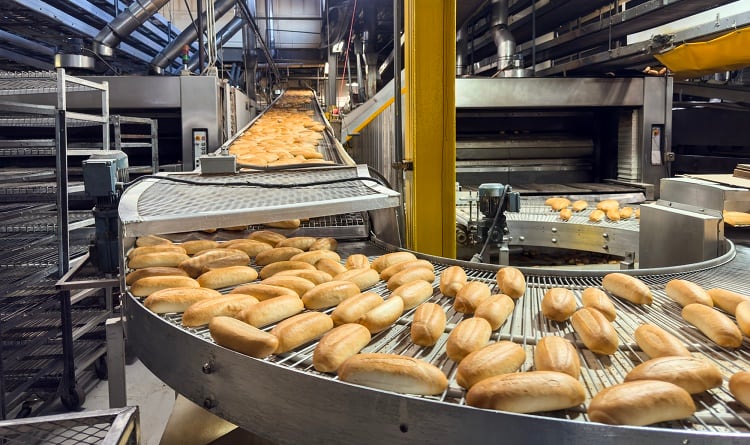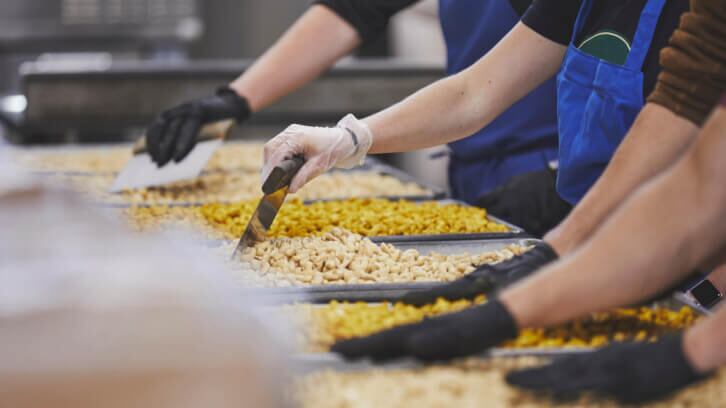The group’s annual temperature check of the industry found that almost all who took part had experienced a rise in costs over the past 12 months, with the top increases attributed to energy bills (30%), labour costs (25%) and raw materials (23%).
In an effort to mitigate these costs, a majority of respondents said they have had to increase the price to consumers – of those that did, more than half (52%) sought increases of 5-10%. While 16% increased prices by more than 10%, this was a reduction compared with 2022 (27%).
Continuing to innovate
Commenting on the results of the survey, Johnston Carmichael partner and head of food and drink Adam Hardie said that in spite of unprecedented cost increases and the impact of the implementation of the new living wage, the industry continues to innovate and remain in robust health.
“The good news is that seven in 10 food and drink businesses are optimistic about future growth, and there is a great opportunity around export,” he added. “We would welcome greater public sector investment to help support the sector’s growth ambitions, while measures to simplify international trade post-Brexit could help to boost export.”
Indeed, many of the businesses surveyed said they had strong intentions to export. While a majority of respondents cited the UK as their main market, 56% identified Europe as a key region, 46% said they were targeting Asia Pacific, while 40% had their eyes on North America.
Brexit pressures
On the topic of Brexit, half of businesses said they felt the same as they did 12 months ago, but a quarter of respondents are felt less positive than they did last year. Meanwhile, some commented that they have given up entirely on trying to export into the EU due to the costs and challenges of complying with regulations.
Food and Drink Exporters Association director Nicola Thomas welcomed Johnston Carmichael’s report, noting how encouraging it was to see that finding new customers in export markets was the second most important primary growth diver for respondents.
“There is good reason for optimism amid the global uncertainty as Europe is very much open for business, consumers in emerging markets have an appetite for – and money to spend on – imported foods, and Made in Britain is a very powerful, internationally recognised hallmark of quality, innovation, food safety and security,” Thomas continued.
“One key to success is for UK food and drink businesses to focus on what they do best and outsource the rest to specialists who are invaluable in helping to mitigate some of risks around export including logistics and labelling, customs and compliance.”





